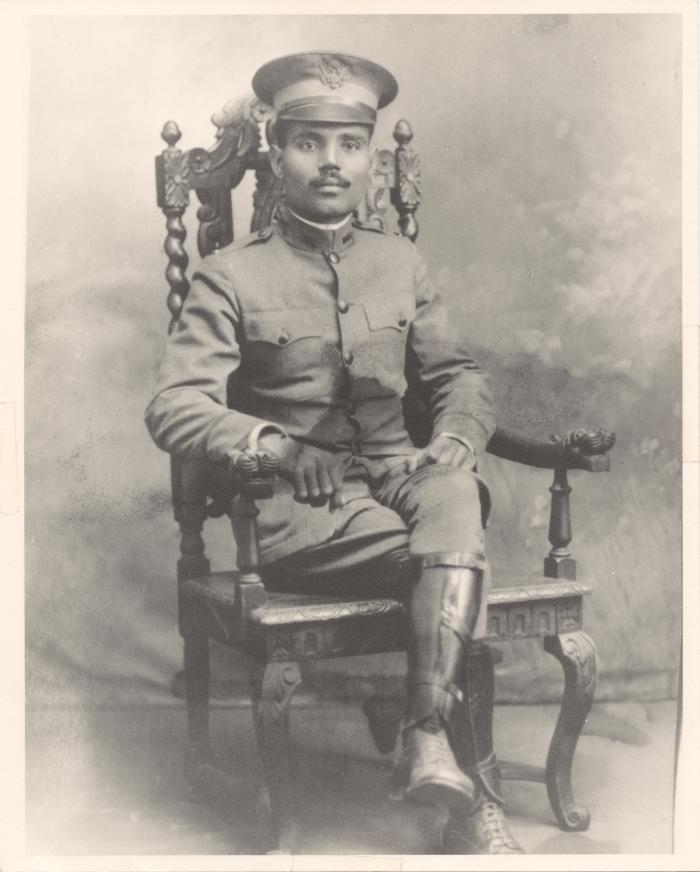 Sugar cane workers on strike in Yabucoa, Puerto Rico
Sugar cane workers on strike in Yabucoa, Puerto Rico
Historic Photos
Photography is a record of your living, for anyone who really sees.
– Paul Strand
Photography is truth. The cinema is truth twenty-four times per second.
– Jean-Luc Godard
The following photos document some of the key events and significant turning points in Puerto Rican history, commencing from the date of U.S. invasion in 1898.
The photos focus on the Ponce Massacre, the revolution of October 1950, and the life of Pedro Albizu Campos.
U.S. occupation
U.S. 17th Regiment raises a few eyebrows
Inauguration of Charles H. Allen, the first civilian governor of Puerto Rico from the U.S.
Sugarcane railroad circa 1915: the sugarcane, land, and railroad are all owned by U.S. banks
Hiram Beauchamp, one hour before his police execution in San Juan, PR
Funeral march for Hiram Beauchamp and Hiram Rosado, murdered by the Insular Police
The Ponce Massacre
The Ponce Massacre begins
Captain Soldevilla shoots at non-existent “Nationalist snipers”
Ponce Massacre victims
Ponce Massacre victims
Bolívar Márquez Telechea, Ponce Massacre victim
Márquez Telechea’s last words, written with his own blood
Márquez Telechea’s last words, on the front page of El Imparcial
Police Chief de Orbeta surveys the rooftops for “Nationalist snipers.” This photo was staged after the Ponce Massacre, to suggest that Governor Winship’s police department had acted in “self-defense.”
Cartoon in Florete magazine, ridiculing the staged “self-defense” photo
Family of Ponce Massacre victims. Bullet holes show in the wall.
Funeral procession for Ponce Massacre victims. Over 20,000 mourners participated.
FBI, U.S. Army, Insular Police
FBI document identifying Governor Muñoz Marín as a narcotics addict
Gov. Muñoz Marín’s police seize dangerous Puerto Rican flags
Police seize more dangerous Puerto Rican flags
The “tommy gun” police of Gov. Blanton Winship
July 4th military parade through Old San Juan
The 1950 revolution
National Guard troops deployed to stop the 1950 revolution
5,000 National Guard troops occupy the towns of Jayuya and Utuado
More U.S. National Guard troops arrive in Jayuya (November 1, 1950)
National Guard troops continue pouring into Jayuya and Utuado
“Air Force Bombards Utuado” (front page of El Imparcial, November 1, 1950)
P-47 Thunderbolt fighter planes. Ten P-47s bombed Utuado and Jayuya
Guillermo González Ubides, the first Nationalist killed in the 1950 revolution
Insular Police hide behind steel drums in Utuado
Hipólito Miranda Díaz, in the Arecibo police station
Attack on the Salón Boricua
U.S. National Guard assault the Salón Boricua
Police and National Guard surround the Salón Boricua
Police and National Guard take cover from the barber’s gunfire
Vidal Santiago Díaz (the barber) after the roof fell on him
Vidal Santiago Díaz (the barber) hauled out of Salón Boricua
National Guardsmen search for guns, in the rubble of Salón Boricua
24-hour watch around the Salón Boricua
Attempted assassination of Pres. Harry Truman
Oscar Collazo, after the attempted assassination of Pres. Harry Truman
Diagram of the Truman assassination attempt
Attack on the governor’s mansion
Dead Nationalists in the courtyard of La Fortaleza (the governor’s mansion) after the attempted assassination of the Governor of Puerto Rico
“Goyito” Hernandez, the only Nationalist who survived the failed assassination attempt in La Fortaleza. He lost three fingers of his left hand.
Arrest of 3,000 Puerto Ricans
Women and children arrested as “suspected Nationalists”
Mass arrest of “suspected Nationalists” in San Juan
Farmers arrested as “suspected Nationalists” in Jayuya
Roadside arrest of “suspected Nationalists,” some still in their pajamas
FBI, National Guard, and Insular Police coordinate their arrest sweeps
Adults and children arrested in their own schools
Farmers arrested and detained by U.S. National Guard troops
Carmen Perez, Olga Viscal, Ruth M. Reynolds handcuffed and headed for La Princesa
Farmer arrested as a “suspected Nationalist”
Salvador González Rivera arrested in San Juan
More mass arrests of “suspected Nationalists”
Lolita Lebrón and Nationalists
Lolita Lebrón and three Nationalists arrested, after shooting five US congressmen
Location of five congressmen shot by Lolita Lebrón and Nationalists
Political meeting at the University of Puerto Rico (Rio Piedras campus)
Life and death of Pedro Albizu Campos
Barrio Tenerías section of Ponce, where Albizu Campos was born and raised
1916 Harvard class photo. Albizu Campos appears on the extreme left.
Lieutenant Albizu Campos during Word War I
Albizu speaks to striking sugar cane workers
Albizu advocates for independence in his hometown of Ponce, PR
Puerto Rico Liberty Bonds, created by Albizu Campos
Albizu advocates for independence in Rio Piedras (the University of Puerto Rico)
Albizu at Sixto Escobar Stadium
Crowd swarms around Albizu, upon his return from prison
15,000 people greet the SS Kathryn to cheer the return of Albizu Campos
Albizu arrested in San Juan (1950)
Albizu tear-gassed, arrested, and sent to La Princesa
Albizu in La Princesa prison, profoundly exhausted. He spent 25 years in prison.
The dungeons (calabozos) of La Princesa
Albizu with burnt skin, all over his body
Albizu shows his burns and lesions to reporters
Albizu after his prison stroke…paralyzed on the right side, unable to speak, silenced forever.
Albizu unable to speak
Che Guevara speaks on behalf of Albizu at the 19th General Assembly of the U.N.
“Albizu Campos has died” El Imparcial, April 23, 1965
Alginate mold is taken of Albizu’s face, prior to burial
Honor guard salutes Albizu’s coffin outside the Ateneo Puertorriqueño
Funeral procession for Albizu Campos. The streets of San Juan were lined with mourners.
Mourners line the streets for the funeral rites of Albizu Campos
“Investigation demanded into the death of Albizu Campos”
Enduring image of Pedro Albizu Campos
For a discussion of these photos, and how they integrated into the history of Puerto Rico, please read…












.jpg)






































































